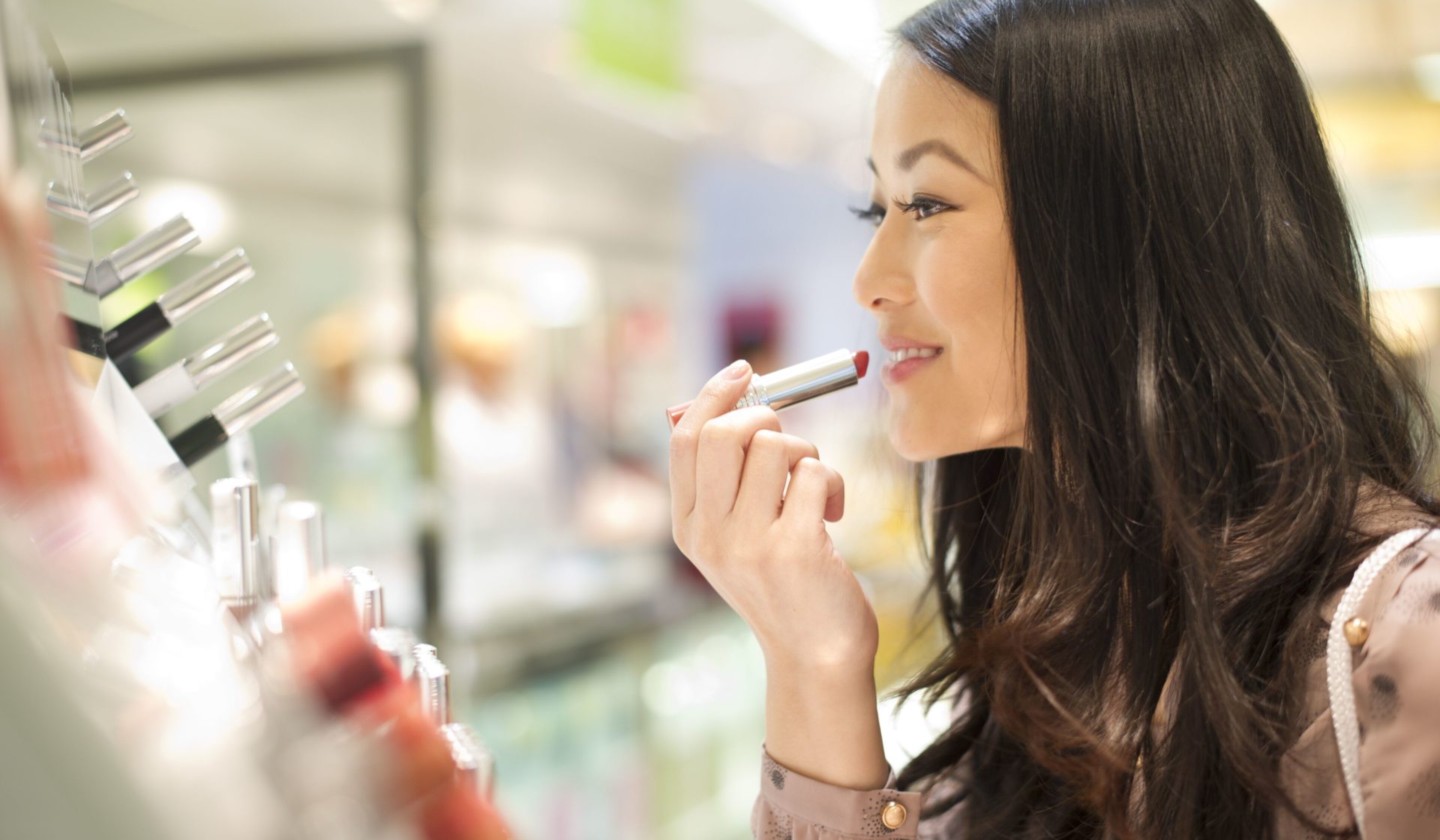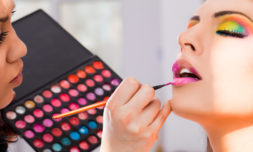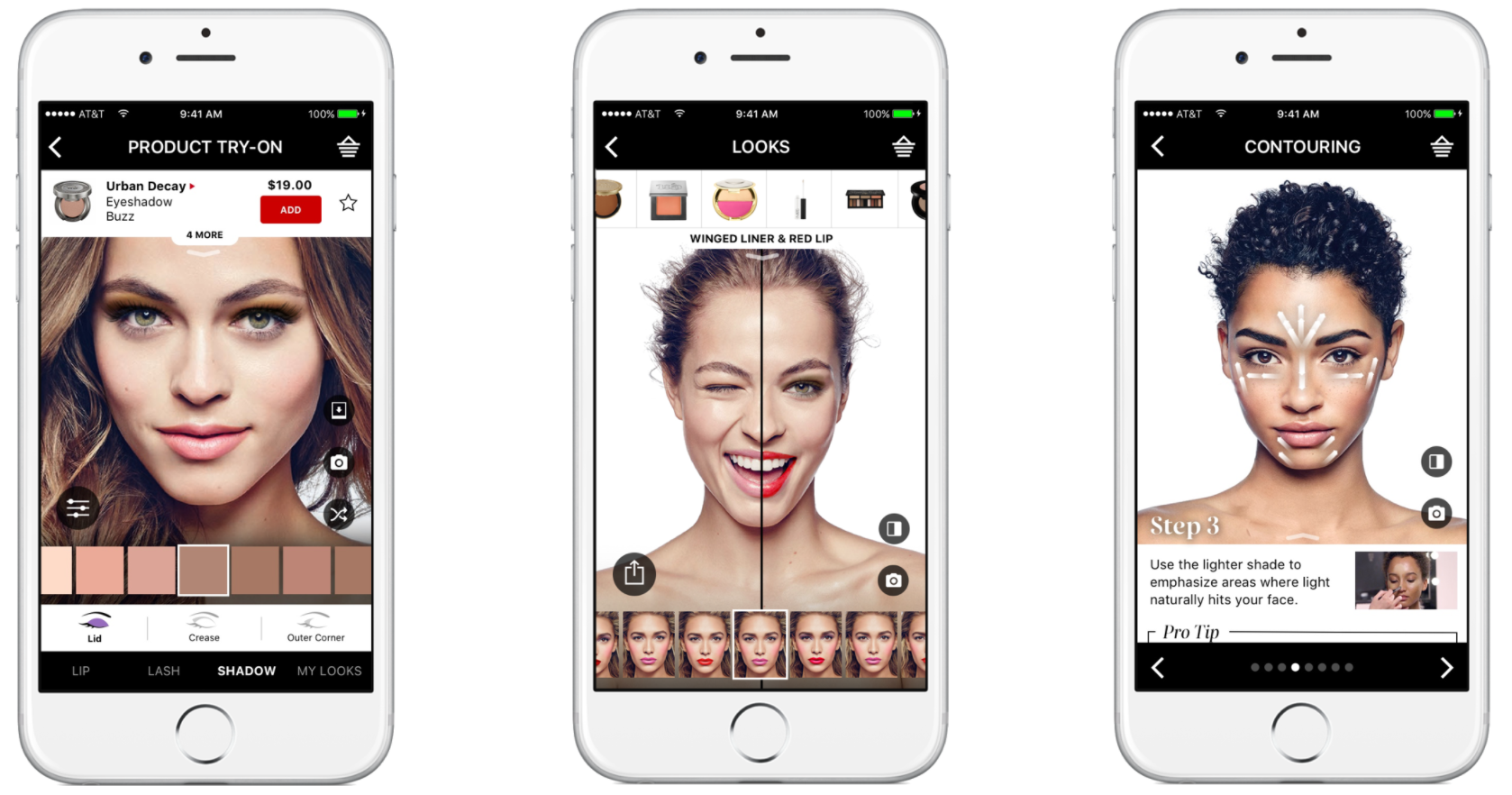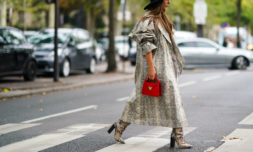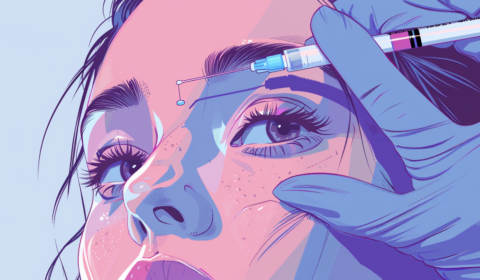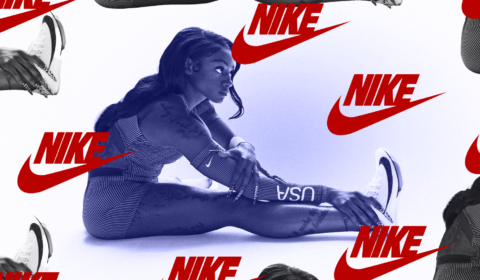The beauty industry is rethinking product engagement and interaction with hygiene a top-priority for consumers in a post-Covid world.
‘Nothing will go back to normal’ is a phrase we’ve come to know very well in recent months and one that now applies to the future of in-store cosmetics sampling (or lack thereof). Swatching, swiping, and slathering are practices which have been frowned upon for years by those wary of bacterial spread, yet they constitute an integral part of the overall beauty experience.
As the pandemic continues to surge, the industry has been forced to rethink how it engages its consumers with new products. Traversing shelf upon shelf of makeup and applying various shades of lipstick, concealer, and eye shadow to our forearms is no longer an accepted norm. At a time when touching your own face for just a second is deemed totally verboten, a visit to a reopened store has had to be completely re-invented and, in many cases, is now an unrecognisable experience.
It involves steering clear of MUAs that would otherwise be more than willing to give you a full-blown makeover in an effort to entice you into buying that one mascara. Testers have been firmly secured onto open-location displays with clear instructions forbidding you to touch, and employees are the only ones permitted to demonstrate how products look.
Because bacteria and viruses like Covid-19 are spreadable via both person-to-person and surface contact, it’s become impossible for cosmetics brands to ignore the unhygienic nature of sampling any longer. ‘In general, [beauty testers] tend to hold a lot of bacteria,’ says board-certified dermatologist, Nada Elbuluk. ‘In this COVID-19 era, where we know this disease can spread through direct contact or airborne exposure, it would be very risky to expose oneself to something other people are using.’
Consequently – while Coronavirus persists – communal sampling is particularly dangerous to practice, but with its unavoidable disappearance comes increasing concerns regarding sales.
In fact, recent research from Meiyume found that customers are four times more likely to buy something once they’ve interacted with it in-person and Euromonitor International reports that beauty samples are the third-largest driver of full-size product purchases.
Given all of the above, it’s unsurprising that retailers are saying goodbye to traditional sampling, but it does pose an important question: how can the industry ensure that such a critical sales driver isn’t entirely lost? By saying hello to single-use samples, ‘no-touch’ testing, subscription boxes, extreme sanitisation, and technology – that’s how.
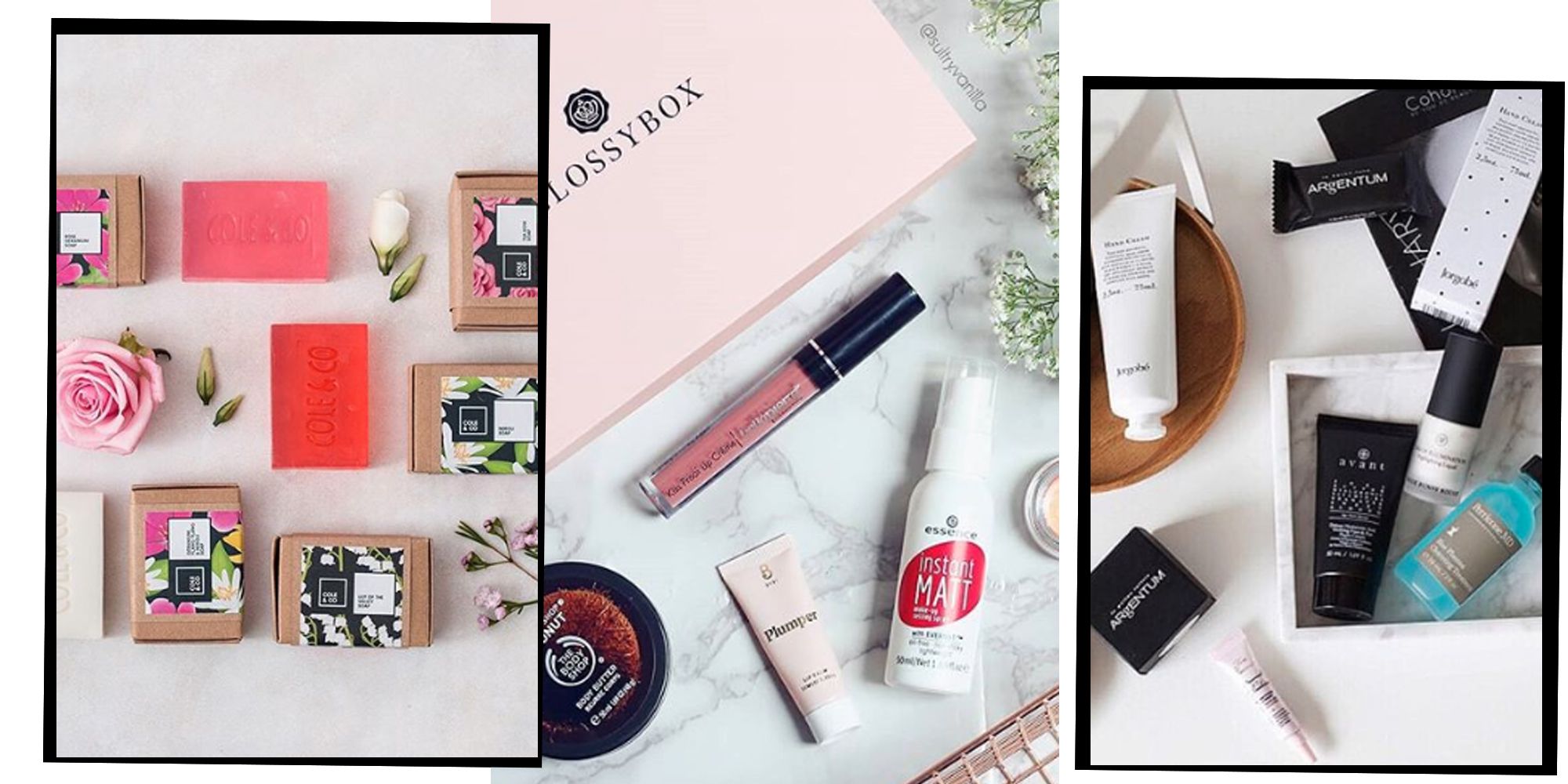

Subscription boxes and a boom in individual, pre-packaged samples
Anyone reluctant to buy full-sized products or committing to in-store sampling might be more inclined to consider subscription boxes. Delivering sample-sized cosmetics to your front door, a growing number of companies are jumping on the beauty box bandwagon, a great alternative with the potential to also help confront the industry’s plastic problem.
‘I believe that for a long time — until there’s a vaccine — consumers will only feel comfortable with some sort packette samples or mini samples that are for individual use and are safety-sealed,’ says founder of BeautyStat Cosmetics Ron Robinson. ‘A lot of brands are aware they need to ramp up their production sales in an eco-friendly way. We’ve seen a lot of glass samples, and that’s great — glass is infinitely recyclable, whereas the same piece of plastic can only be recycled once or twice.’









